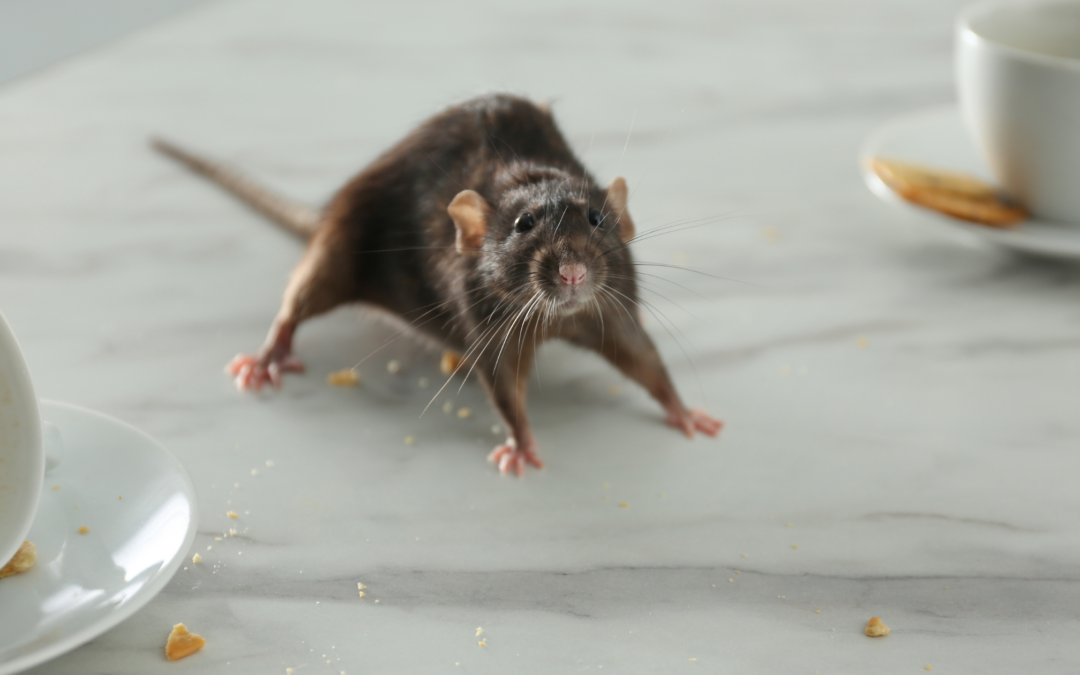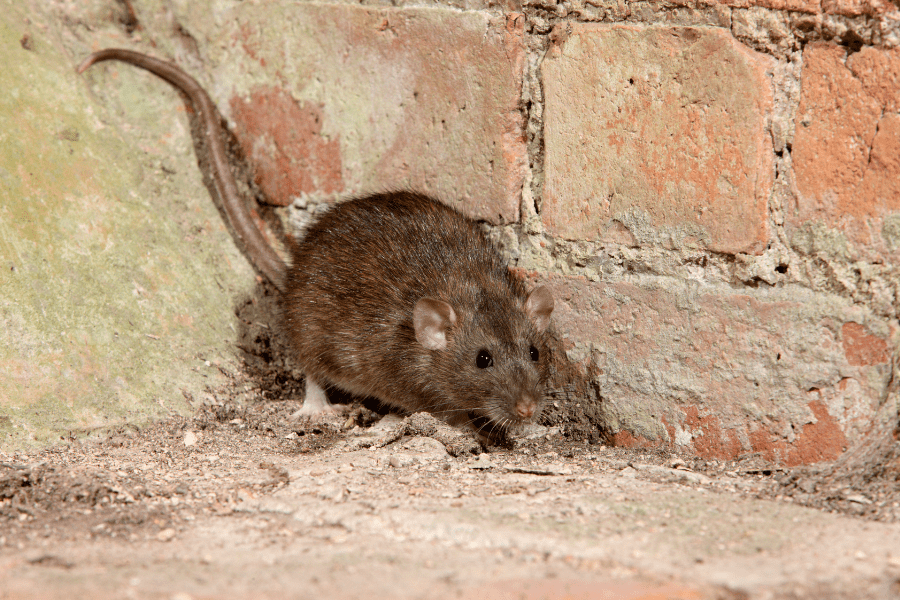READY TO GET STARTED?
REQUEST A FREE ESTIMATE
Fill out the form below or call (888) 466-7849 for a free, no-obligation estimate.

Rodents, while small in stature, can wreak havoc on homes in Georgia, posing risks to both property and health. From sneaky mice to persistent rats, these unwelcome guests can contaminate food, damage structures, and spread diseases. If left unchecked, a rodent infestation can spiral out of control. Fortunately, there are effective rodent control strategies available to homeowners in Georgia. In this guide, we’ll explore the types of rodents commonly found in Georgia homes, signs of infestation, the risks they pose, and crucially, how to eradicate and prevent them from infiltrating your home.
In Georgia, homeowners often encounter several types of rodents, including house mice, roof rats, and Norway rats. House mice, the most common species, are small and agile, capable of squeezing through tiny openings to access homes. Roof rats, also known as black rats, are skilled climbers and tend to nest in attics and high places. Norway rats, larger in size, typically burrow in the ground but may also inhabit basements and crawlspaces. Identifying the species invading your home is crucial for implementing effective control measures.
Detecting a rodent infestation early is vital in preventing further damage and health risks. Look out for telltale signs such as droppings, gnaw marks on food packaging or furniture, nests made of shredded materials, and scampering noises in walls or ceilings. Additionally, pet owners should be cautious as rodents are attracted to pet food left out in the open, making it an easy target for contamination.
Rodents pose significant risks to both property and health. They can chew through electrical wiring, causing potential fire hazards, and undermine the structural integrity of buildings by gnawing on wood and insulation. Moreover, rodents are carriers of various diseases, including salmonellosis, hantavirus, and leptospirosis, which can be transmitted to humans through contact with contaminated surfaces or inhalation of airborne particles.
When faced with a rodent infestation, prompt action is essential. While DIY methods may provide temporary relief, consulting a professional rodent control company ensures thorough eradication and long-term prevention. Pest control experts employ a combination of tactics tailored to the specific situation, including:
While professional intervention is crucial in combating rodent infestations, homeowners can take proactive steps to minimize the risk of recurrence. Here are some practical tips for rodent prevention:
In conclusion, effective rodent control is essential for maintaining a healthy and pest-free home environment in Georgia. By identifying common rodent species, recognizing signs of infestation, understanding the risks posed by rodents, and implementing comprehensive control measures, homeowners can safeguard their property and family against the perils of rodent infestations. Remember, when it comes to rodent control, swift action and professional expertise are key to achieving lasting results.

We never expect our homes to fall victim to rodent invaders, but it can happen to anyone! Getting rid of these critters can be difficult, but with the help of a wildlife control company, it can be made possible. Before reaching out to someone for assistance, be sure you’re identifying these rodents correctly. Here are some of the most common rodents found in the South.
Deer Mouse
Often referred to as field mice, these rodents are typically found in the woodlands and desert areas. They rarely invade residential properties but will sometimes seek shelter in our homes for winter since they don’t hibernate. When indoors, deer mice are typically found in basements or attics. The biggest threat about them is that they can transmit the dangerous hantavirus, so it’s vital to get them taken care of as soon as possible.
House Mouse
Just like the deer mouse, these mice also carry diseases and shouldn’t be kept in your home for long once discovered. The house mouse prefers to move along baseboards and countertops and can be seen eating anything they can find. They will contaminate your food and can transmit diseases like salmonella and even the bubonic plague. They are also known to cause structural damage such as creating tunnels in walls and chewing exposed wires.
Norway Rats
These stocky, heavy-bodied rats are larger and more aggressive than the roof rat. They rely heavily on human activity for survival and will eat anything like cereal grains, meats, fish, nuts, and some fruits. Norway rats are more active at night and can cause considerable damage to homes, gardens, and structures. The main concern is the diseases they are known to spread, which include jaundice, rat bite fever, and salmonella.
Roof Rats
Known as a serious pest problem, they are also dependent on humans for survival and will usually infest homes. They have padded feet that make it easier for them to climb, so they are usually found in attics, eaves, and roof lines. Roof rats are known for spreading multiple diseases, including salmonella, leptospirosis, and rat bite fever. They contaminate food when they are foraging, impacting not just humans, but also pets and livestock.
If you think you have a rodent problem, it’s important to get it taken care of as soon as possible. Reach out to your local wildlife control company so they can create a customized plan to rid your home of rodents.

The NPMA recently posted an article on their website that explained the dangers that rodents can cause to your home and your health. We often talk in our blogs about the unsanitary conditions and the property damage that a rodent infestation can lead to but we rarely discuss the health risks that are involved.
Rodents, such as mice and rats, can leave droppings that can spread bacteria, contaminate food, and cause allergic reactions. Droppings can also spread diseases and viruses such as the following:
To read the full article or get more information on the diseases above click HERE.
Please don’t take chances with the health of you or your loved ones. If you have rodents in your home, call a licensed exterminator, Northwest Exterminating, to get rid of the rodents in your home.
Source: http://www.pestworld.org/news-and-views/pest-articles/articles/health-threats-posed-by-rodents/